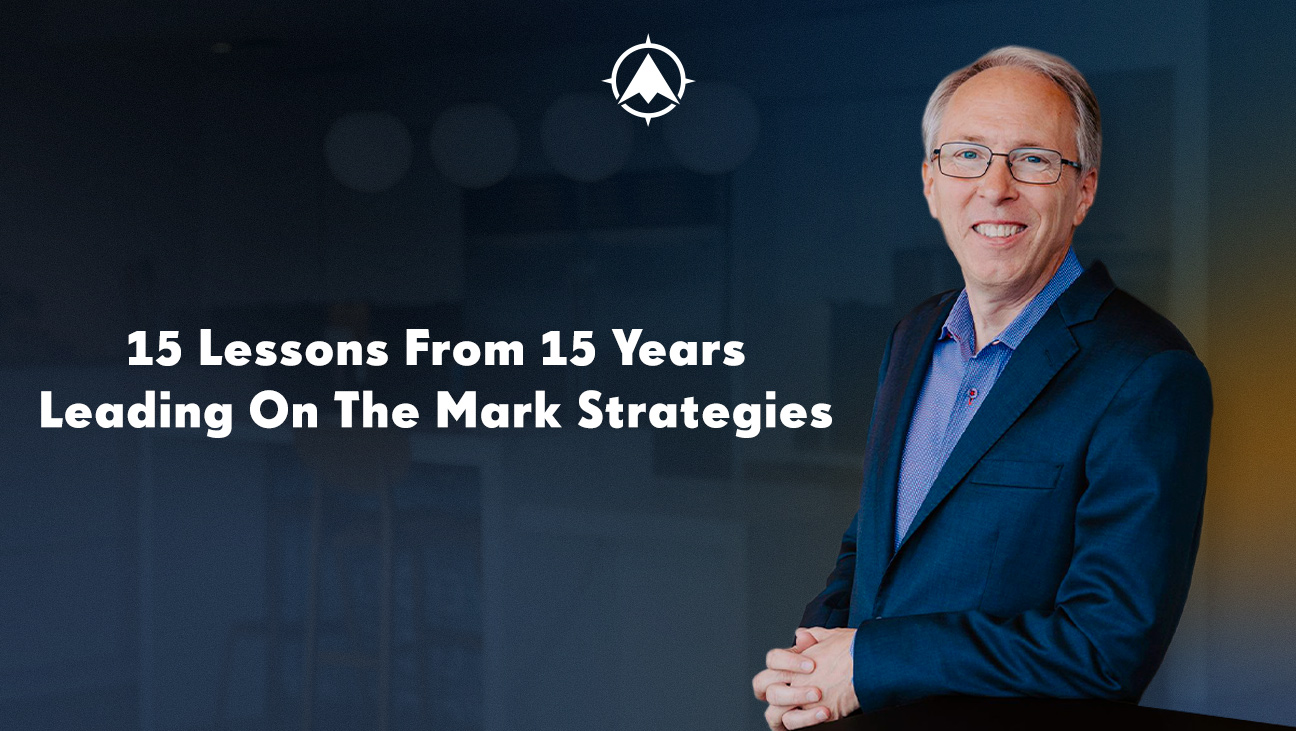The future already has a bank and credit union leadership training crisis.
According to a report from Robert Walters, 52% of Gen Z doesn’t want middle management roles and 69% of young folks say these roles are too stressful. They prefer an individual path to success rather than entering leadership roles.
Termed “conscious unbossing,” this trend has a pretty nasty cascading effect. First, having fewer middle managers is a problem in and of itself. Financial organizations can’t function without these key people.
But often, institutions promote from within…meaning a middle manager might eventually rise to an executive position. That means a workplace without young middle managers is a workplace facing leadership bench issues anywhere from ten to thirty years from now.
You must solve this problem. But how? Let’s look at three reasons young people fear leadership and how to address their concerns.
1. Stress
Your current middle managers set the example for Gen Z employees. They give rising stars a glimpse of what leadership is like. Of course, that doesn’t mean it’s a good glimpse.
Fortune says that 71% of business leaders had increased stress since entering management positions…leading 40% of them to consider leaving their roles entirely. Gen Z notices their bosses’ constant burnout and wants to avoid the same fate.
Work stress is unavoidable. And people will tolerate it if there’s a great enough reward (more to come on this). But cultural problems also create anxious environments full of disgruntled leaders and staff. People will work hard for a culture they love, despite large amounts of stress. When leaders love the culture, managers love the culture and future managers love the culture.
2. Low Reward
People persevere in adverse conditions for substantial rewards. But Gen Z is performing a cost-benefit analysis, and they aren’t seeing a trade-off between pros and cons. Increase the benefits available and more Gen Z employees will accept the costs. What are some benefits?
- A Great Culture: As already mentioned, people work harder for a place they love.
- Personal Growth: Middle managers unlock bank or credit union leadership training or apprenticeship with an executive, allowing them to grow professional skills.
- Material Gain: Higher pay is an obvious one, but unique swag or distinctive items count too.
- Belonging: Gen Z needs more than a job. They need to belong to a group that makes a difference. Exclusive social events and meetings might incentivize them to take the leap.
3. The Unknown
Young employees are comfortable in their current positions. Entering a leadership role is a big, scary change. People are afraid of change (or at least the work it involves), and limited experience with change would maximize feelings of uncertainty.
Combat uncertainty with clarity.
Outline managerial responsibilities well before you offer someone the job. Map out a concrete career path from teller to CEO. Explain the benefits and the costs. Oh, and emphasize that they aren’t alone! You don’t want them to drown – let them know!
If you need an incredible benefit to enhance your managers and entice your hesitant Gen Zers to get on board, On The Mark Strategies performs top-notch bank and credit union leadership training for financial organizations. Book a free consultation now to get started.







